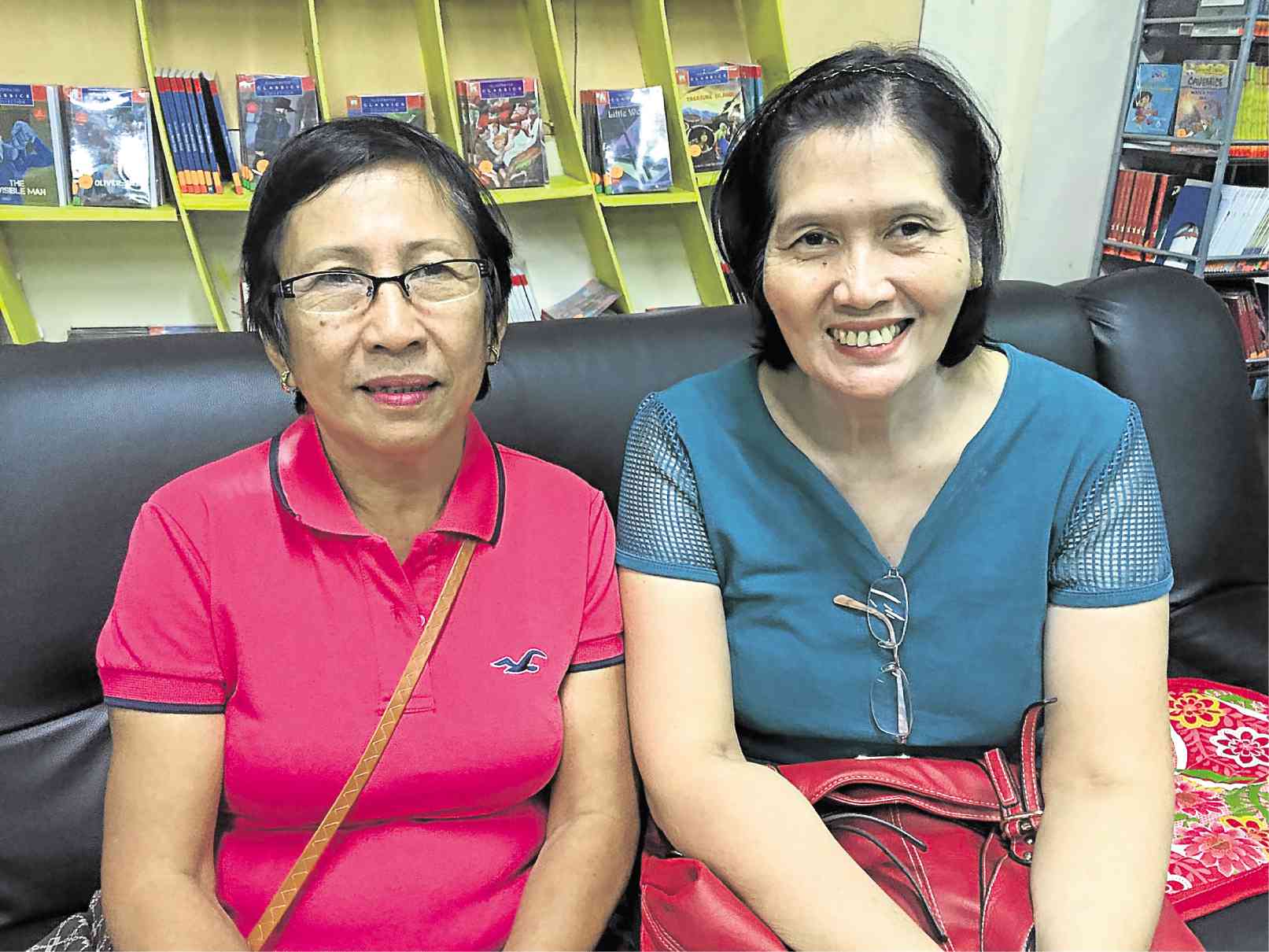Muntinlupa housewives hope to inspire drug addicts
ALTHOUGH they have never been involved in drugs, two housewives in Muntinlupa City could serve as an inspiration, if not role models, for drug personalities who want to get their lives back on track after surrendering to authorities in compliance with the Duterte government’s antidrug campaign.
Felicitas Macasado and Natalia Vidal—both proud managers of sari-sari (retail) stores and a bakery in their respective barangays—are beneficiaries of the city government’s Joint Resources Financing (JRF) Program—something which repentant drug criminals could avail themselves of as they start their lives anew.
The JRF program will be part of Muntinlupa’s ongoing Mapalad (Mamamayan at Pamilya Laban sa Droga) Drug Surrenderee Reintegration Program which aims to bring back into the fold of society confessed drug addicts and peddlers by providing them with legitimate livelihood options.
Marilou Lobo, JRF program’s officer in charge, said in a recent interview that their department was ready to provide loans to recovered drug addicts thinking of putting up a new business, or additional financial aid for those looking to expand existing ones.
“The start-up [capital] is from P500, P1,000 and P1,500 depending on your proposed business, and there’s a P3,000 cap. But our regular loan, which we give to those who already have established businesses, starts at P3,000. If you are able to pay regularly, you can borrow as much as P75,000,” Lobo added.
Article continues after this advertisementBusiness-saver
Article continues after this advertisementMacasado and Vidal said they were struggling with their sari-sari stores before learning about JRF. After an initial loan of P3,000 each in 2014, both women were slowly able to improve their businesses.
Now, Vidal runs what could be called a mini grocery since she is able to sell frozen food items. The 53-year-old housewife was also able to open a bakery through JRF.
“I used to earn just P2,000 a day. After I applied for the loan [under JRF], I was able to earn more; now it amounts to around P10,000 to P12,000 a day,” said Vidal. “I make it a point to always pay my loan on time.”
Just recently, Vidal borrowed P75,000 from the city government, again through JRF. Macasado, on the other hand, is now eligible to loan as much as P50,000 to continue improving her “night-shift” sari-sari store.
“There’s a bakery and another store beside mine so what I do is I open mid-afternoon and close as soon as dawn breaks,” said the 68-year-old Air Force retiree who used to work as a data encoder.
“The additional capital which I loaned really helped since it allowed me to buy more items for my store,” Macasado told the Inquirer.
Livelihood opportunity
Lobo said such opportunities also await Muntinlupa City’s confessed drug criminals. Those willing to become small-scale entrepreneurs will be trained by her and her team on the basics of starting a business, Lobo added.
“Of course, we will also look at their capability to become entrepreneurs after they have undergone the necessary rehabilitation,” she said. “We will have to assess them because some might prefer to find work elsewhere. For that we have our Muntinlupa City Technical Institute (MCTI), which can provide them with skills training.”
Making an example of Macasado and Vidal, who Lobo called JRF’s “success stories,” Lobo said: “We are just here, ready to help. [Reformed drug addicts] can use our program to begin again, starting with how they make a living.”
